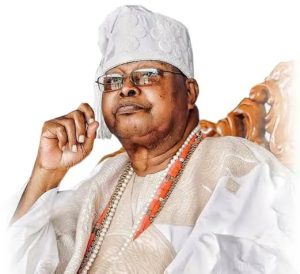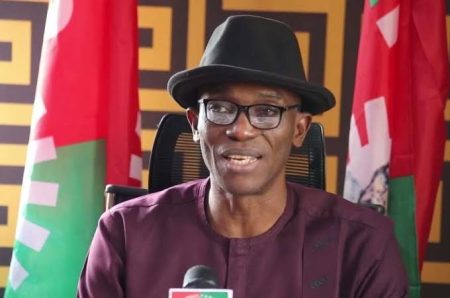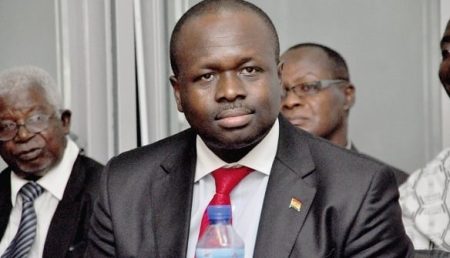Andy Appiah-Kubi, a former Member of Parliament affiliated with the New Patriotic Party (NPP), has expressed his willingness to collaborate with the National Democratic Congress (NDC) if such cooperation aligns with the best interests of Ghana. He emphasizes that national well-being should transcend partisan politics, asserting that the prosperity of Ghanaians takes precedence over party loyalty. This perspective underscores a commitment to placing the nation’s progress above political affiliations. His statement reflects a growing recognition among some political figures that collaborative efforts across party lines can be instrumental in addressing national challenges and fostering development.
Appiah-Kubi’s remarks come amidst a backdrop of positive economic indicators under the current NDC administration. He specifically acknowledged the recent appreciation of the Ghanaian cedi, which has strengthened considerably against major foreign currencies within a relatively short timeframe. This improvement in the exchange rate is a tangible economic gain that directly impacts the lives of ordinary Ghanaians, making imports less expensive and potentially easing inflationary pressures. Appiah-Kubi’s praise for the NDC’s economic management in this regard demonstrates a willingness to recognize and commend positive performance, irrespective of political affiliation. It suggests a pragmatic approach to governance that prioritizes tangible results over ideological rigidity.
The former MP’s emphasis on the “generality of Ghanaians feeling safe and comfortable” highlights the importance of prioritizing citizen well-being as a key indicator of successful governance. This perspective underscores the notion that effective leadership should be measured by its impact on the lives of ordinary citizens. He argues that if a particular government, regardless of its political affiliation, is implementing policies that enhance the lives of Ghanaians, it deserves support and recognition. This sentiment underscores the idea that good governance is not solely defined by party affiliation but rather by the tangible benefits it delivers to the population.
Appiah-Kubi’s willingness to contribute to the NDC’s efforts, if necessary, signifies a potential shift towards more cross-party collaboration in Ghanaian politics. This approach could lead to a more constructive political environment where policies are evaluated based on their merits rather than solely on political considerations. By prioritizing national interests over partisan loyalty, politicians like Appiah-Kubi can contribute to a more unified and effective approach to governance, fostering an environment where collaboration is valued over political point-scoring. This could lead to more stable and consistent policy implementation, benefiting the nation as a whole.
The former MP’s commendation of the NDC’s economic performance, particularly regarding the cedi’s appreciation, underscores the importance of pragmatic assessment in political discourse. He explicitly acknowledges the positive impact of the current economic management, highlighting the tangible benefits experienced by Ghanaians. This recognition of positive performance, even from a member of the opposing party, is crucial for fostering a more objective and results-oriented political landscape. It encourages a culture of accountability and reinforces the idea that good governance should be rewarded, regardless of political affiliation.
Appiah-Kubi’s concluding remarks about the sustainability of the current economic gains and his willingness to praise the NDC if they manage to maintain these positive trends emphasize his focus on long-term stability and prosperity for Ghana. He recognizes that short-term gains are not sufficient and that sustained economic improvement is crucial for the country’s development. His conditional praise for the NDC further underscores his pragmatic approach and his commitment to recognizing good governance when it delivers tangible, lasting benefits for the people of Ghana. This perspective reinforces the idea that political leadership should be evaluated based on its long-term impact on the nation’s well-being, not solely on short-term achievements.














